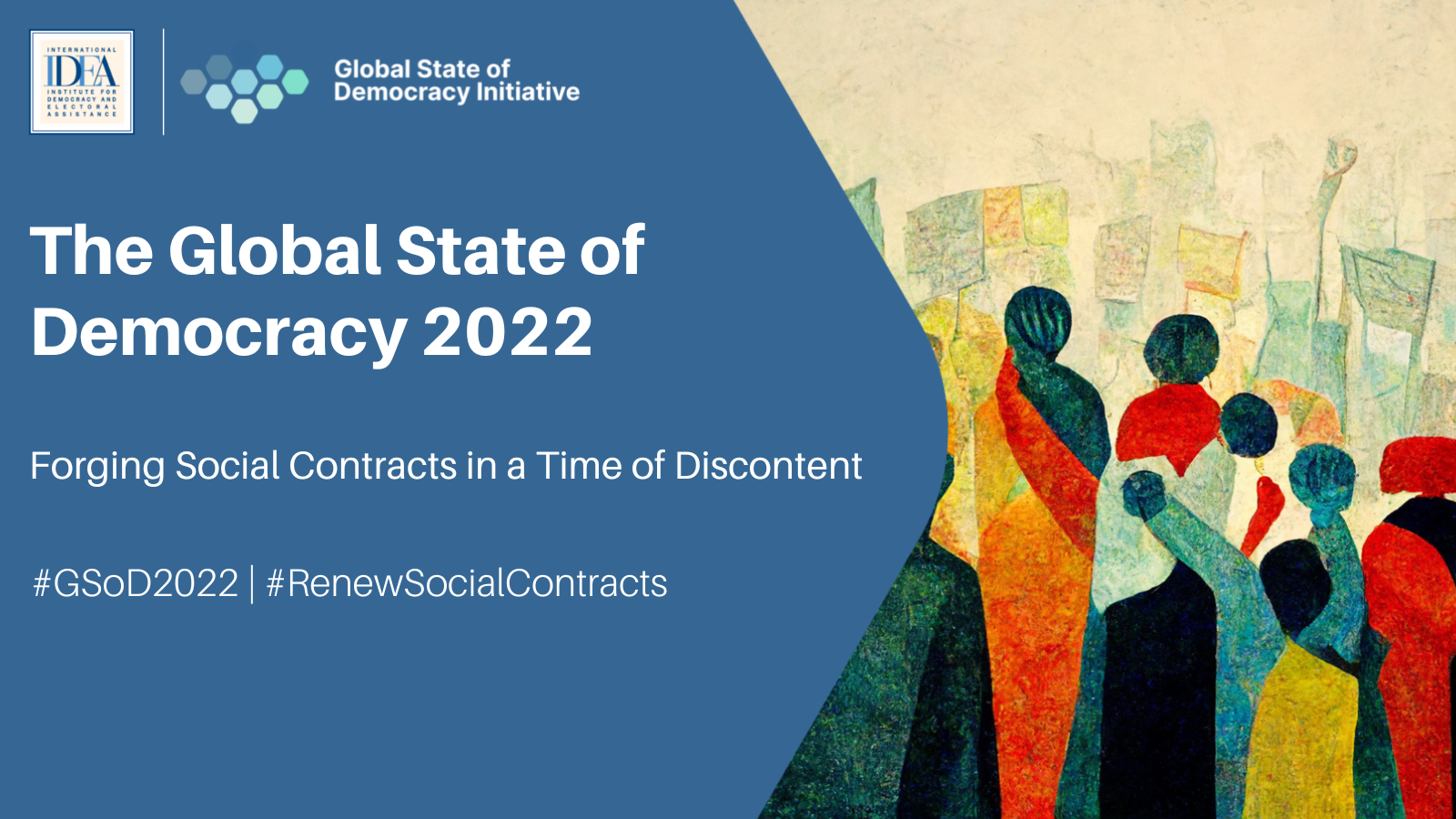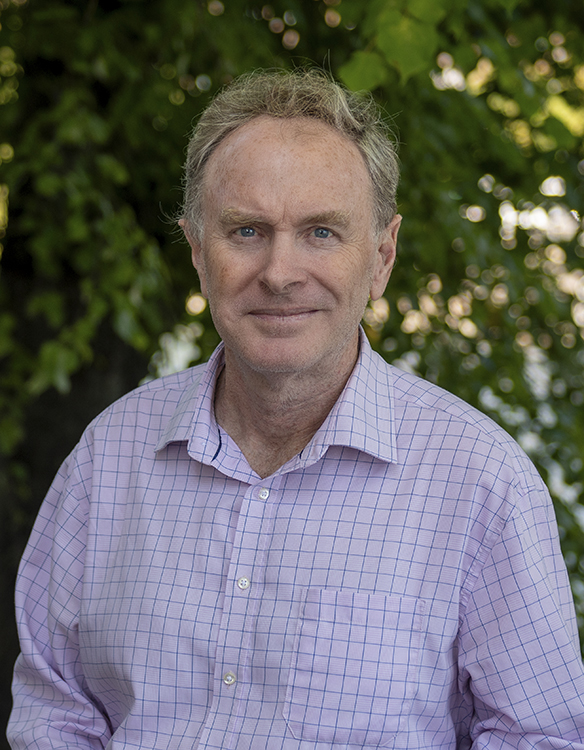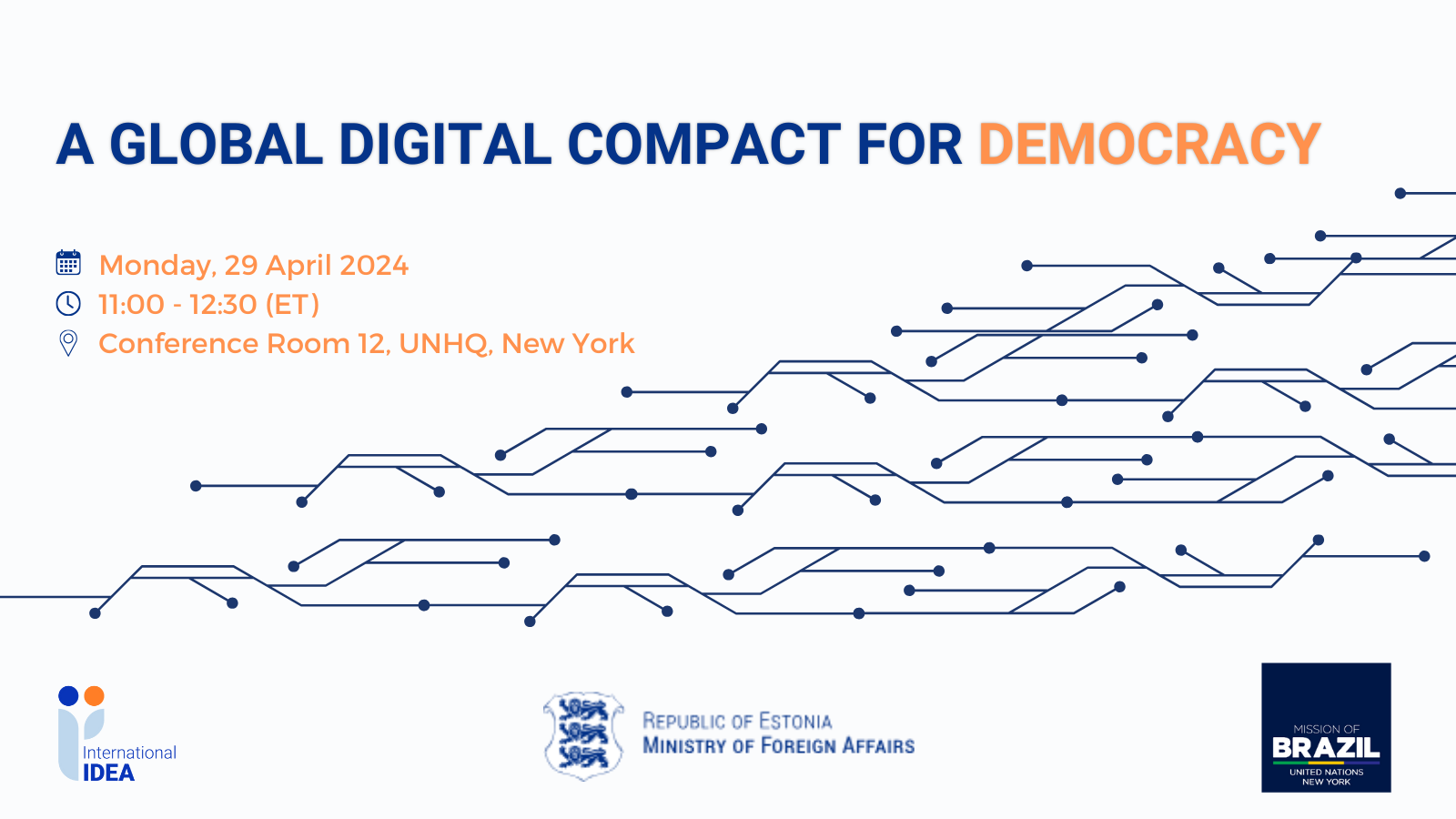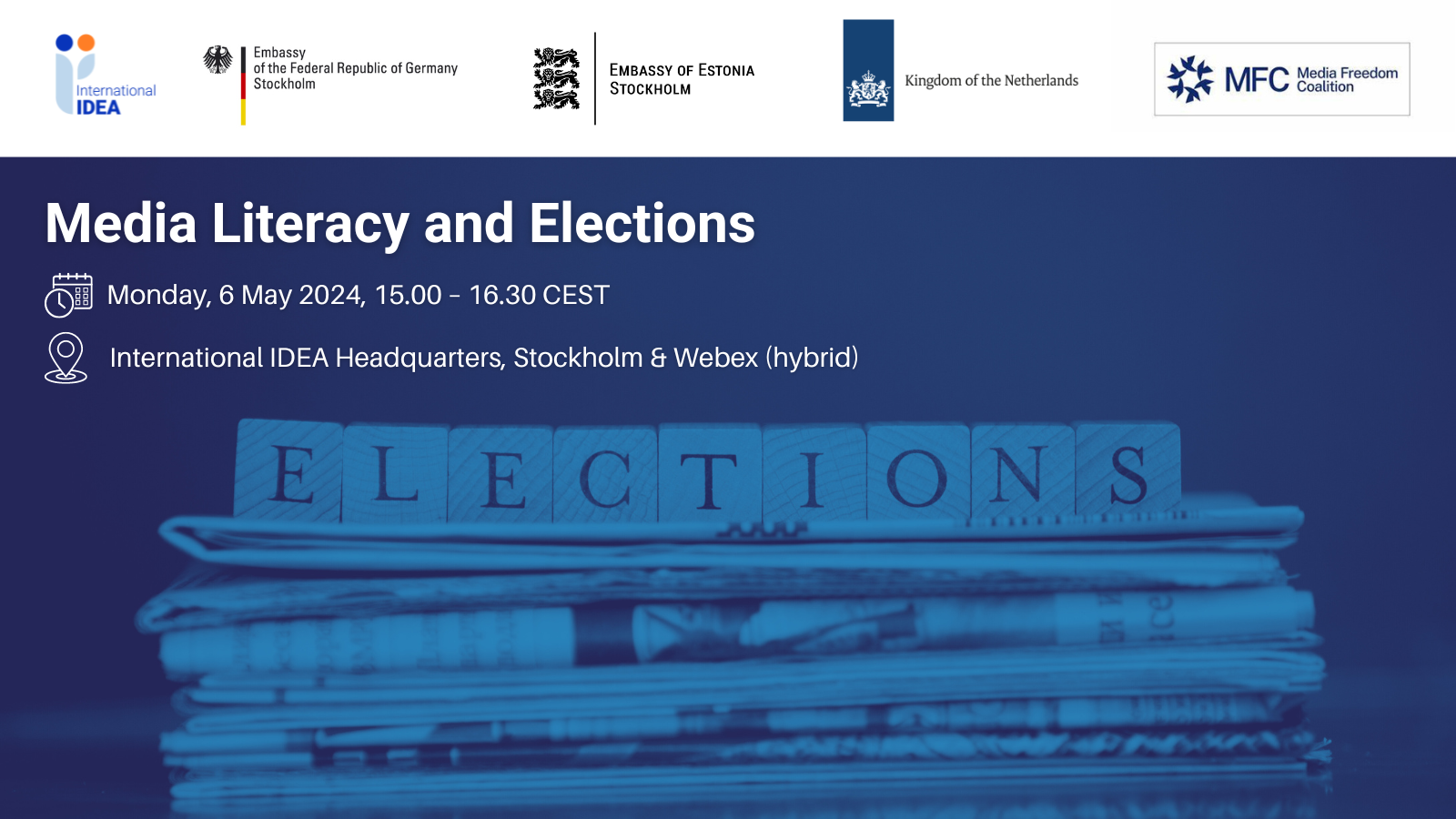
Half of democratic governments around the world are in decline while authoritarian regimes are deepening their repression.
Esta nota de prensa está disponible en español.
Half of democratic governments around the world are in decline, undermined by problems ranging from restrictions on freedom of expression to distrust in the legitimacy of elections, according to a new report by the intergovernmental organization’, the Stockholm-based International Institute for Democracy and Electoral Assistance (International IDEA). This decline comes as elected leaders face unprecedented challenges from Russia’s war in Ukraine, cost of living crises, a looming global recession and climate change.
The number of backsliding countries—those with the most severe democractic erosion—is at its peak and includes the established democracy of the United States, which still faces problems of political polarization, institutional disfunction, and threats to civil liberties. Globally, the number of countries moving toward authoritarianism is more than double the number moving toward democracy.
There are troubling patterns even in countries performing at middle to high levels of democratic standards. Progress has stalled across the Global State of Democracy Indices (GSoD Indices) over the last five years. In many cases, democratic performances are no better than they were in 1990.
Global democracy’s decline includes undermining of credible elections results, restrictions on online freedoms and rights, youth disillusionment with political parties as well as out-of-touch leaders, intractable corruption, and the rise of extreme right parties that has polarized politics.
The GSoD indices show that authoritarian regimes have deepened their repression, with 2021 being the worst year on record. More than two-thirds of the world’s population now live in backsliding democracies or authoritarian and hybrid regimes. Still, there are signs of progress. People are coming together in innovative ways to renegotiate terms of social contracts, pushing their governments to meet 21st century demands, from creating community-based childcare in Asia to reproductive freedoms in Latin America. People are successfully organizing themselves outside traditional party structures, especially youth, from climate protests to Indigenous rights. New constitutions and laws are aiming to lift the voices of marginalised groups. In the streets of Iran, young protesters brave their lives to press for basic freedoms.
These are the key findings of the “The Global State of Democracy Report 2022 – Forging Social Contracts in a Time of Discontent” - published by International IDEA.
The global report will be presented on 30 November, 16:00-18:00 CET during a global livestreamed event, including keynote messages from Jutta Urpilainen, European Commissioner for International Partnerships; Delia Ferreira, Chair of Transparency International; and Michael O’Flaherty, Director, EU Agency for Fundamental Rights.
“The world faces a multitude of crises, from the cost of living to risks of nuclear confrontation and the acceleration of the climate crisis. At the same time, we see global democracy in decline. It is a toxic mix”, said International IDEA Secretary-General Kevin Casas-Zamora. “Never has there been such an urgency for democracies to respond, to show their citizens that they can forge new, innovative social contracts that bind people together rather than divide them.”
Other key findings:
- As of the end 2021, half of the 173 countries assessed by International IDEA are experiencing declines in at least one subattribute of democracy.
- In Europe, almost half of all democracies—a total of 17 countries-- have suffered erosion in the last five years. These declines affect 46 per cent of the high-performing democracies.
- Authoritarianism continues to deepen. Almost half of all authoritarian regimes have worsened. Afghanistan, Belarus, Cambodia, Comoros and Nicaragua have experienced a broad decline.
- Democracy does not appear to be evolving in a way that reflects quickly changing needs and priorities. There is little improvement, even in democracies that are performing at mid-range or high levels.
To conclude, the Report recommends a series of policy actions to bolster global democratic renewal by embracing more equitable and sustainable social contracts, reforming existing political institutions, and shoring up defenses against democratic backsliding and authoritarianism.
Access the Global State of Democracy Report 2022 .
ASIA AND THE PACIFIC
- Democracy is receding in Asia and the Pacific, while authoritarianism solidifies. Only 54 per cent of people in the region live in a democracy, and almost 85 per cent of those live in one that is weak or backsliding. Even high- and mid-performing democracies such as Australia, Japan and Taiwan are suffering democratic erosion.
AFRICA AND THE MIDDLE EAST
- Despite myriad challenges, Africa remains resilient in the face of instability. Countries including The Gambia, Niger and Zambia are improving in democratic quality. Overcoming a restricted civic space, civic action in several countries has created opportunities to renegotiate the social contract; outcomes have varied by country.
- In Western Asia, more than a decade after the Arab Spring, protest movements continue to be motivated by government failures in service delivery and economic opportunities—key aspects of social contracts.
THE AMERICAS
- Three out of seven backsliding democracies are in the Americas, pointing to weakening institutions even in longstanding democracies.
- Democracies are struggling to effectively bring balance to environments marked by instability and anxiety, and populists continue to gain ground as democratic innovation and growth stagnate or decline.
- In the USA, threats to democracy persist after the Trump presidency, illustrated by Congress’s political paralysis, counter-majoritarianism and the rolling back of long-established rights.
EUROPE
- Although democracy remains the dominant form of government in Europe, the quality of democracy has been stagnant or in decline across many countries.
- Nearly half of the democracies—a total of 17 countries—in Europe have suffered erosion in the last five years. These declines affect 46 per cent of the high-performing democracies.
LAUNCH QUICK LINKS
Key hashtag to follow on social media: #GSoD2022 and #RenewSocialContracts
MEDIA ENQUIRIES
International IDEA Secretary-General Kevin Casas-Zamora is available for text and visual interviews. Our regional experts are also available to talk to media.
For media enquiries, please contact:
Alistair Scrutton, Head of Communications and Knowledge Management at a.scrutton@idea.int
Tel: 00 46 707 211098
International IDEA
The International Institute for Democracy and Electoral Assistance (International IDEA) is an intergovernmental organization with 34 Member States with the sole mandate to support and advance democracy worldwide. International IDEA contributes to the public debate on democracy and assists in strengthening process, reforms, institutions and actors that build, advance and safeguard democracy, with a focus on electoral processes, constitution-building, democracy assessment, and political participation and representation. Mainstreamed across all of our work is gender and inclusion, conflict sensitivity and sustainable development.
International IDEA is one of the most trusted global sources of data and analysis on the health of democracy around the world.




